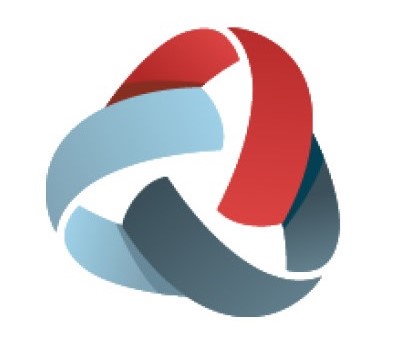Mission Throttle Selected by W.K. Kellogg Foundation to Help Grant Partners Create Framework for Growth and Innovation
Mission Throttle has been selected by the W.K. Kellogg Foundation (WKKF) to provide advisory services to a cohort of its Michigan-based community partners. With support from WKKF, Mission Throttle is collaborating with Early Learning Neighborhood Collaborative (ELNC), COLORS Detroit, and Grand Rapids Urban League (GRUL) to develop pathways for their sustainability and growth.
The engagements are designed to enhance each organization’s operational effectiveness, and enable them to meet existing and future funding needs by developing innovative, diversified revenue strategies.
“In 2010, ELNC made a commitment to make quality early learning opportunities available and accessible to vulnerable families living within in our target neighborhoods,” said Dr. Nkechy Ekere Ezeh, Founder & CEO of ELNC. “We promised parents that we wouldn’t start something that we couldn’t sustain. In order to do that we needed to develop a sustainable business plan based on intentional strategies aimed at advancing racial equity in early childhood education. We greatly appreciated the fact that Mission Throttle was there to help guide us through the process while providing expertise and a valuable external perspective.”
Mission Throttle is working with ELNC, COLORS Detroit and GRUL to create customized, long-term solutions for critical social issues by using creative market-based approaches. The organizations that Mission Throttle works with, and their pioneering leaders, simultaneously look to increase their financial stability, along with the social and/or environmental stability of their communities.
“We applaud WKKF’s commitment to prioritizing preventive solutions and capacity building investments, and are thrilled to collaborate with their community partners to identify initiatives that promote operational excellence,” said Susan Gordon, Managing Director of Advisory Services for Mission Throttle.
Mission Throttle has also begun working with five of WKKF’s Battle Creek community partners — Burma Center, Generation E Institute, Urban League of Battle Creek, VOCES and Woman’s Co-op — to identify opportunities to accelerate their impact on the community.
About Mission Throttle
Mission Throttle is a social impact strategy firm dedicated to accelerating philanthropic innovation in communities. We advise, invest in, and support mission-driven organizations that seek to use market-based strategies to address social and environmental challenges. We are deeply passionate about our work and believe that merging business solutions and philanthropic values is critical to sustain and scale social impact for those in need. For more information visit www.missionthrottle.com
About W.K. Kellogg Foundation
The W.K. Kellogg Foundation (WKKF), founded in 1930 as an independent, private foundation by breakfast cereal pioneer, Will Keith Kellogg, is among the largest philanthropic foundations in the United States. Guided by the belief that all children should have an equal opportunity to thrive, WKKF works with communities to create conditions for vulnerable children so they can realize their full potential in school, work and life. The Kellogg Foundation is based in Battle Creek, Michigan, and works throughout the United States and internationally, as well as with sovereign tribes. Special emphasis is paid to priority places where there are high concentrations of poverty and where children face significant barriers to success. WKKF priority places in the U.S. are in Michigan, Mississippi, New Mexico and New Orleans; and internationally, are in Mexico and Haiti. For more information, visit www.wkkf.org.




